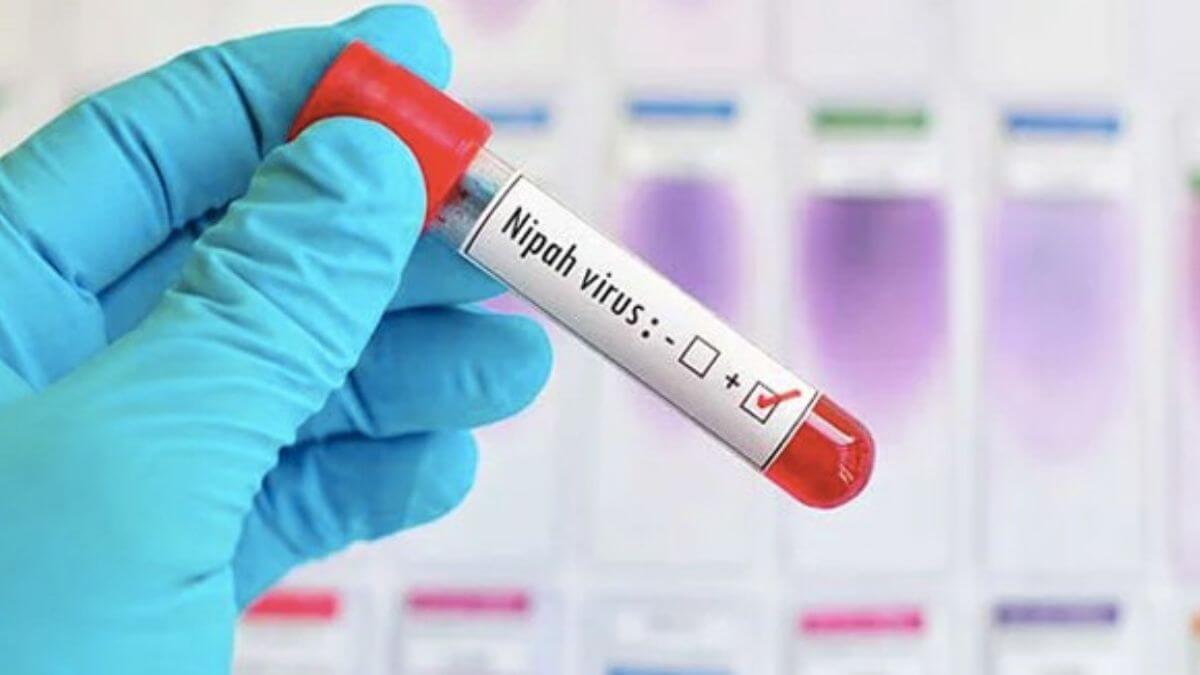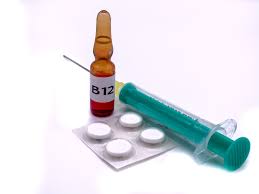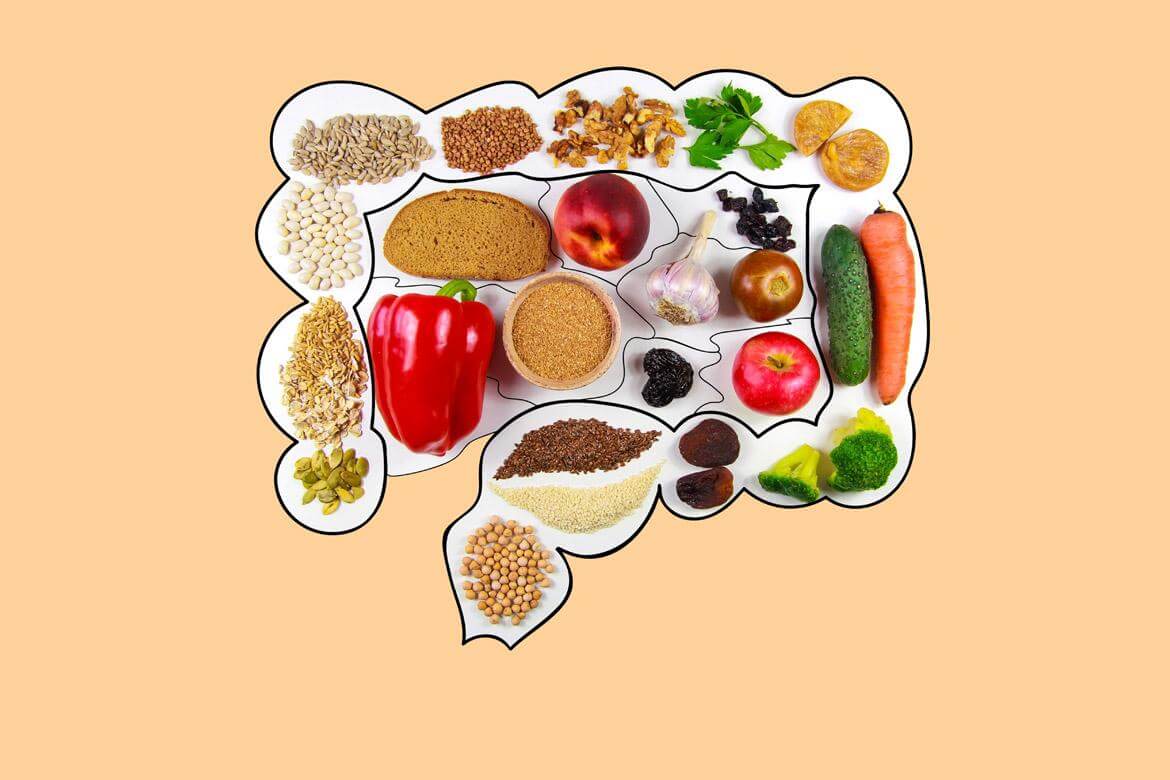Doctor warns of serious risks and complications due to Malaria and dengue in pregnancy
Tue 16 Sep 2025, 01:24:38

Vector-borne and water-borne diseases like dengue and malaria remain major public health concerns in tropical and subtropical countries. While both illnesses can cause severe complications for anyone, they are particularly dangerous for pregnant women, who face higher risks due to changes in immunity and metabolism during pregnancy.
We reached out to Dr Puneet Rana Arora, Reproductive Health Expert, CIFAR, Gurugram, who explained how these infections impact maternal and fetal health, and why urgent prevention and early medical care are essential.
Dengue during pregnancy
Dengue, a viral infection transmitted by the Aedes aegypti mosquito, often causes high fever, body pain, and rashes. But in pregnancy, the risks go far beyond discomfort.
Dr Arora explains: “Pregnant women with dengue infection face higher chances of abortion, preterm labour, and delivering low birth weight babies. If infection occurs near delivery, there is a risk of passing the virus to the baby, leading to neonatal dengue, which can be fatal.”
Severe cases may also involve internal bleeding and organ damage, adding further danger for both mother and child.
Malaria during pregnancy
Unlike dengue, malaria is caused by Plasmodium parasites, transmitted through the bite of the Anopheles mosquito. Pregnancy malaria, especially with Plasmodium falciparum, is associated with life-threatening complications.
“Malaria in pregnancy can cause severe maternal anaemia, stillbirth, placental malaria, and intrauterine growth restriction (IUGR),” says
Dr Arora. “The parasite directly impacts the placenta, reducing oxygen and nutrient delivery to the fetus and hindering development. In endemic regions, malaria is a leading cause of maternal and neonatal mortality.”
Dr Arora. “The parasite directly impacts the placenta, reducing oxygen and nutrient delivery to the fetus and hindering development. In endemic regions, malaria is a leading cause of maternal and neonatal mortality.”
Why are pregnant women at a higher risk?
During pregnancy, a woman’s immune system is naturally modified, and her metabolic demands increase. This makes her more vulnerable to infections and complications. Even mild forms of malaria or dengue can escalate quickly, posing risks not only to the mother but also to the unborn child.
Prevention and care
Doctors emphasise that prevention remains the most effective strategy. Practical steps include:
. Sleeping under insecticide-treated bed nets
. Eliminating standing water where mosquitoes breed
. Wearing protective clothing and using safe repellents
. Taking preventive antimalarial drug therapy under medical supervision in endemic areas
Equally important is early detection and access to antenatal services, so that complications can be managed promptly.
Both malaria and dengue pose serious threats during pregnancy, with consequences ranging from miscarriage and preterm delivery to maternal anaemia and stillbirth. As Dr Arora stresses, “Acknowledgement, prevention, and early management are key. Protecting pregnant women through public health measures and antenatal care is essential to reducing the impact of these diseases.”
In short, awareness, vigilance, and proactive care can make all the difference for both mother and child.
No Comments For This Post, Be first to write a Comment.
Most viewed from Health
AIMIM News
Latest Urdu News
Most Viewed
May 26, 2020
Should there be an India-Pakistan cricket match or not?
Latest Videos View All
Like Us
Home
About Us
Advertise With Us
All Polls
Epaper Archives
Privacy Policy
Contact Us
Download Etemaad App
© 2026 Etemaad Daily News, All Rights Reserved.

























.jpg)
.jpg)
.jpg)


